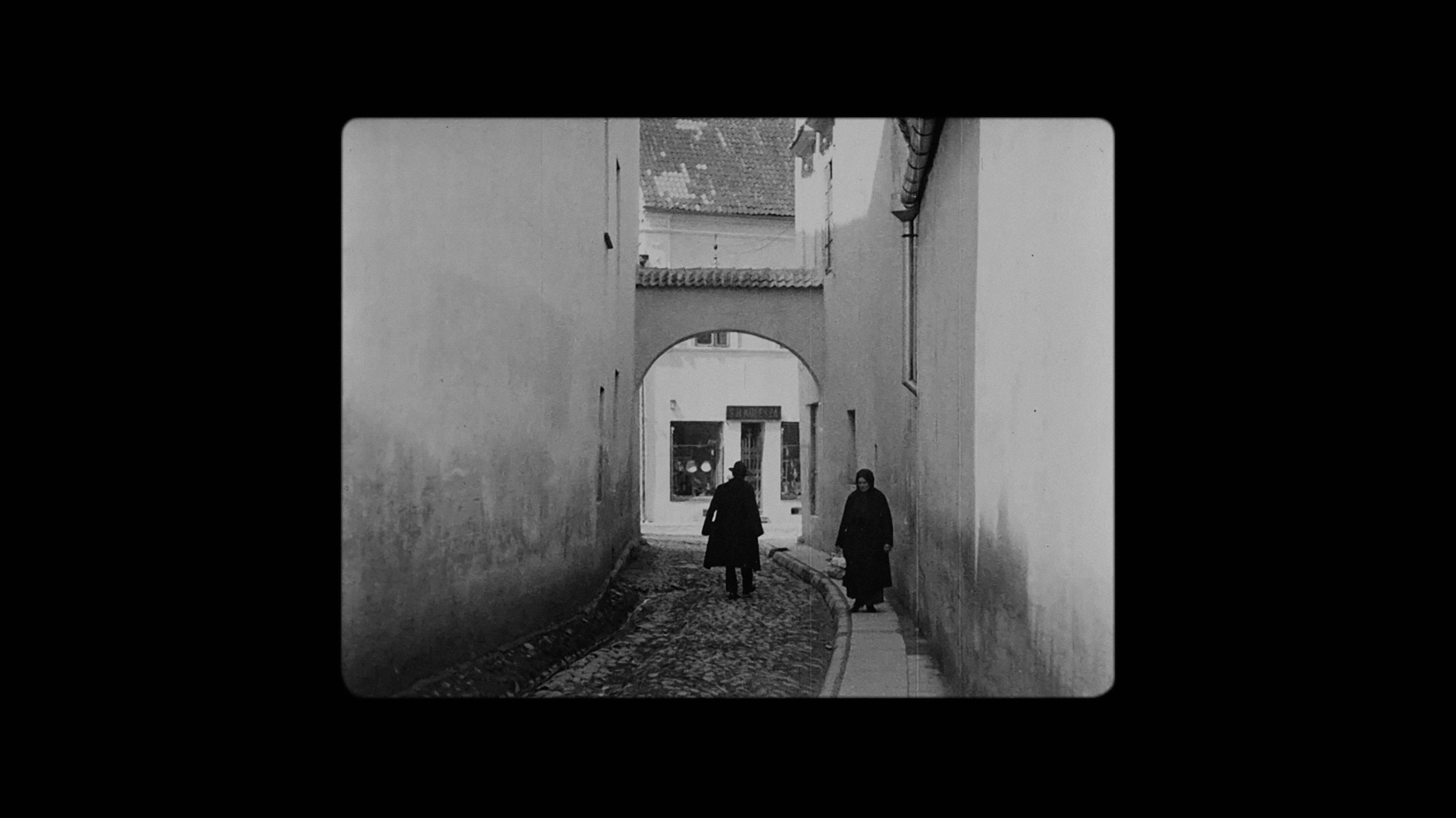1939. Quattro italiani viaggiano in Lituania, Lettonia e Estonia, documentando la loro esperienza come la scoperta di un nuovo mondo. Il primo è uno scrittore di racconti di viaggio, affascinato dai paesaggi della regione baltica ma disorientato dalle sue città multietniche. La seconda è un'accademica femminista ma devota al regime, impegnata in una serie di conferenze sulla superiorità della cultura italiana. Il terzo è un gerarca fascista che glorifica la lotta per la libertà dei baltici ma ne elogia le svolte autoritarie. Il quarto è il corrispondente di un giornale socialista in esilio, che accusa i tre Stati di essere burattini dell'imperialismo occidentale.
Attraverso le prospettive problematiche dei protagonisti, osserviamo le società baltiche di quel tempo. Ma quando l'invasione tedesco-sovietica della vicina Polonia apre una nuova guerra nel cuore dell'Europa, gli italiani si rendono conto che il mondo che avevano appena iniziato a scoprire potrebbe presto cessare di esistere.
Parentesi baltica racconta due storie, una baltica e una italiana, che intrecciandosi formano un ritratto caleidoscopico degli anni ‘30 del Novecento. Da un lato il film intende ricostruire, attraverso l’uso esclusivo di filmati d’archivio, l’immagine di un mondo scomparso: quello multietnico e secolare della Lituania, della Lettonia e dell’Estonia, che sarebbe poi stato spazzato via per sempre dalla violenza nazista e sovietica. Dall’altro, esso decostruisce la natura problematica – talvolta di stampo coloniale, razzista, o sessista – degli sguardi attraverso cui il mondo baltico è raccontato nel film: quelli dei reporter italiani dell’epoca, figli del loro tempo e dell'ideologia mussoliniana.
Riteniamo che questo film possa offrire uno scorcio su una realtà poco nota al pubblico italiano ed europeo occidentale – quella appunto dei tre Paesi baltici durante la loro breve parentesi di indipendenza dal dominio russo, prima zarista e poi sovietico – che oggi, nel contesto dell’attuale invasione russa dell’Ucraina, può aiutare a comprendere le istanze degli europei dell’est. Allo stesso tempo, il film si pone anche come un’esperienza introspettiva nella cultura italiana al tempo del fascismo, invitando gli spettatori a confrontarsi con le contraddizioni e le idee problematiche che emergono dalle parole dei protagonisti.
